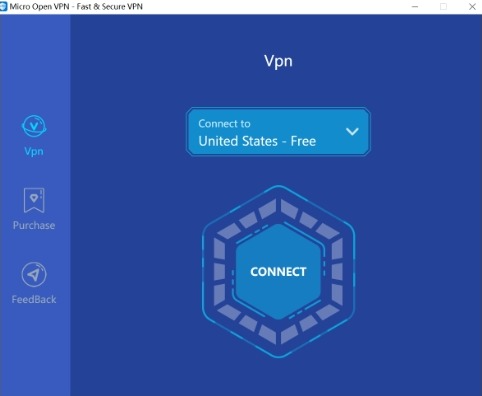“Are you looking for a way to protect your online activities?” Choosing the right vpn can be challenging, as there are many options available. If you want to keep your data secure and anonymous while browsing the internet, a VPN is an essential tool. In this blog post, we will explore how to pick the perfect service for you – one that meets all of your needs and fits into your budget. Read on to learn how to choose the best VPN for your individual needs!
How do you pick the best VPN for your requirements?
Choosing the right VPN for your needs can often be an overwhelming process. Picking the wrong VPN can have dire consequences, such as exposing your personal data to malicious hackers and creating legal issues. The best way to determine which VPN is right for you is to research what different options are available, taking into account factors like reliability, encryption strength, cost, and customer service. If you want optimal security and privacy protection, then paying a higher price may be worth it in the long run. Ultimately, selecting a VPN that provides dependable performance tailored to your specific usage is key to choosing the right one.
What to search for when choosing a VPN service provider
When searching for a VPN service provider, it is important to do your research in order to find the best fit for you. Make sure that the company you are selecting offers fast connection speeds and reliable stability when streaming content or surfing the web. Also double check that their encryption protocols offer high levels of security, as well as technical support if you experience any issues. Additionally, pay attention to the type of user interface they offer and the pricing model associated with their service so that you can find something that suits both your budget and technological capabilities. Taking these points into consideration will give you peace of mind that you are investing in a quality virtual private network service.
The best VPNs for different uses
With the global economy increasingly depending on digital interactions, employing a virtual private network (VPN) has become an essential security measure for organizations and individuals. A VPN allows users to access both public and private networks securely. With the right VPN, businesses can shield their sensitive data from malicious cyber actors, while private citizens can protect their online privacy and avert censorship. Depending on consumer or business needs, there are different VPNs that guarantee fast connection speeds, offer different levels of encryption, provide broader international access points, have customized features, and have more affordable pricing packages. When selecting a VPN, businesses should first consider what types of devices they will use for connectivity and what type of data needs to be protected. It is also important to understand the performance factors associated with each provider before making purchasing decisions—after all, if a service doesn’t meet customer needs, it’s essentially useless!
How to set up a VPN on your devices
Knowing how to set up a VPN on your devices is an essential part of maintaining digital security in today’s world. A virtual private network, or VPN, is a useful tool that encrypts all of the data sent between your computer and other devices connected to the internet, thereby helping you preserve your anonymity while browsing. Setting up a VPN is relatively simple, with many vendors offering straightforward instructions for each type of device. Before you get started, be sure you are using the latest software from a reliable provider that respects your privacy. Once you’ve set up the VPN on all of your devices, enjoy the peace-of-mind knowing that whenever don’t access can be done securely and without risk of being viewed by unwanted third parties.
Troubleshooting tips if you’re having problems connecting to your VPN
VPN connections can be essential to getting the job done, so it’s understandably frustrating when issues prevent a successful connection. If you’re having problems connecting to your VPN, some troubleshooting tips may help you out. First, ensure that you have entered all settings correctly and that any passwords or identity certificates are up-to-date. Make sure that the software is enabled and connected on both ends, and if this fails, then attempting to restart both the VPN client and server could make a big difference. If it still isn’t connecting properly, clearing your DNS cache or changing your Windows IP address could be the next best steps to take. Being aware of the possible solutions when connection hassles arise will save you a lot of stress in the long run!
Conclusion
Overall, there are a variety of important factors to consider when choosing the right VPN for you. By taking into account your specific needs and concerns, you can find a VPN provider that offers both strong security features and fast speeds. With so many options available, doing your research beforehand is crucial to finding the best possible fit.
Author


